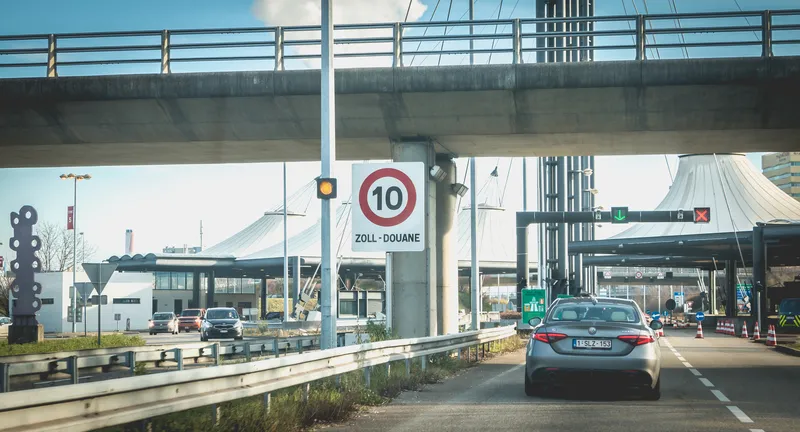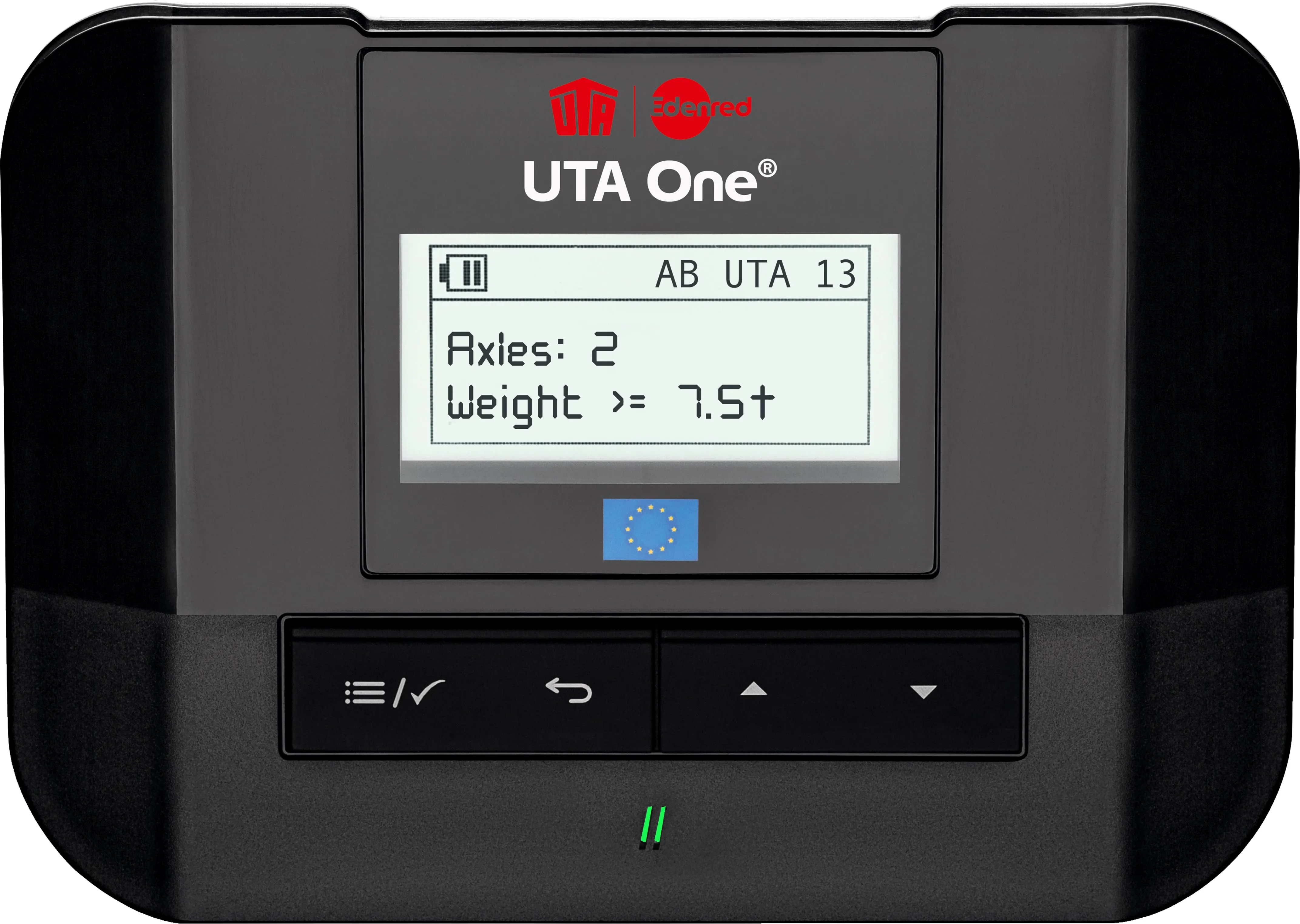A tax per kilometre is to be implemented for all lorries weighing over 3.5 tonnes throughout Belgium from 1 April 2016.
The system will be based on satellite technology, using on board units (OBUs), which drivers will collect at a distribution point. The OBU will register the distance travelled by the vehicle and on which roads. Mileage data will be transmitted to a data centre and an invoice generated, which the driver will pay on returning the OBU.
The rate of road pricing will vary depending on t
May 14, 2015
Read time: 1 min
A tax per kilometre is to be implemented for all lorries weighing over 3.5 tonnes throughout Belgium from 1 April 2016.
The system will be based on satellite technology, using on board units (OBUs), which drivers will collect at a distribution point. The OBU will register the distance travelled by the vehicle and on which roads. Mileage data will be transmitted to a data centre and an invoice generated, which the driver will pay on returning the OBU.
The rate of road pricing will vary depending on the maximum permissible weight of the trucks, their Euro emission class and type of the road being used.
The charge will be applied to a road network including the current Eurovignette network, consisting of Belgium's highways, the orbital roads around the main cities, and a number of other important routes.
The system will be based on satellite technology, using on board units (OBUs), which drivers will collect at a distribution point. The OBU will register the distance travelled by the vehicle and on which roads. Mileage data will be transmitted to a data centre and an invoice generated, which the driver will pay on returning the OBU.
The rate of road pricing will vary depending on the maximum permissible weight of the trucks, their Euro emission class and type of the road being used.
The charge will be applied to a road network including the current Eurovignette network, consisting of Belgium's highways, the orbital roads around the main cities, and a number of other important routes.










